The Amazing Human Brain

The human brain is the body's computer. Find out everything there is to know about your brain and stay updated on the latest news with the comprehensive articles and images of the brain at LiveScience.com. Learn more about this vital organ as scientists continue to make amazing discoveries about your brain.
Latest about Mind
-
-

AI is getting better and better at generating faces — but you can train to spot the fakes
By Sophie Berdugo Published
-
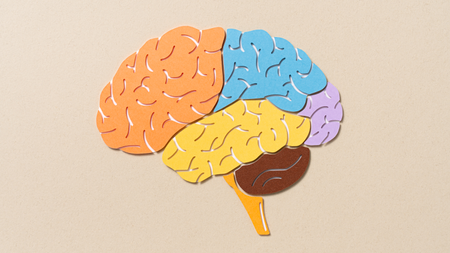
Neuroscience word search — Find all the parts of the brain
By Nicoletta Lanese Published
-
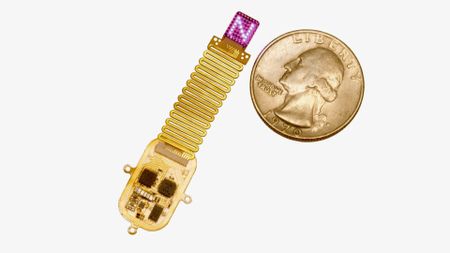
Tiny implant 'speaks' to the brain with LED light
By Payal Dhar Published
-
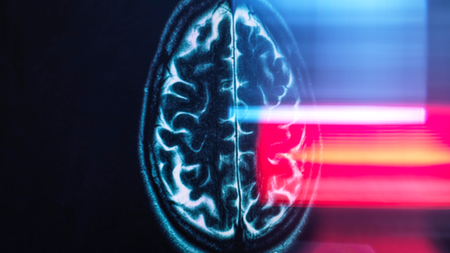
Brain scans reveal 'dial' that helps keep us from getting lost
By RJ Mackenzie Published
-
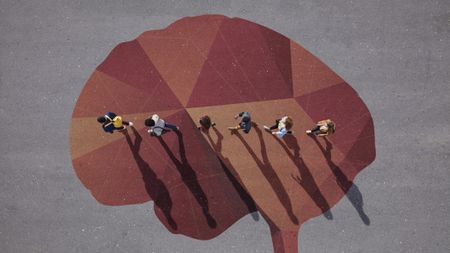 Book
Book'Intelligence comes at a price, and for many species, the benefits just aren't worth it': A neuroscientist's take on how human intellect evolved
By Nikolay Kukushkin Published
-

Do your dreams change as you age?
By Abby Wilson Published
-
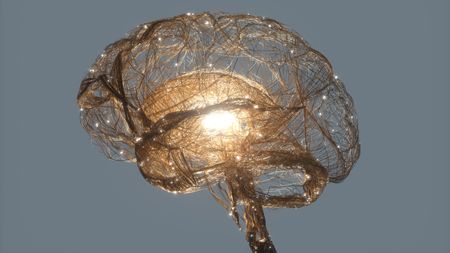 Interview
InterviewThe evolution of life on Earth 'almost predictably' led to human intelligence, neuroscientist says
By Nicoletta Lanese Published
-
Explore Mind
Consciousness
-
-

Scientists may be able to put Mars-bound astronauts into 'suspended animation' using sound waves, mouse study suggests
By Ben Turner Published
-

What God, quantum mechanics and consciousness have in common
By John Horgan Published
-

Can our brains help prove the universe is conscious?
By David Crookes Published
-
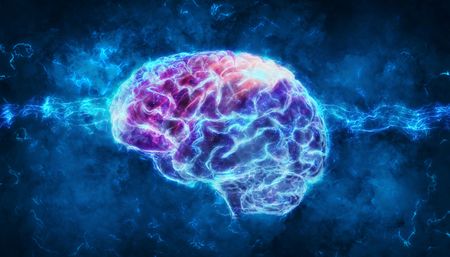
Ultrasound treatment 'jump-started' the brains of 2 people in coma-like state
By Rachael Rettner Published
-
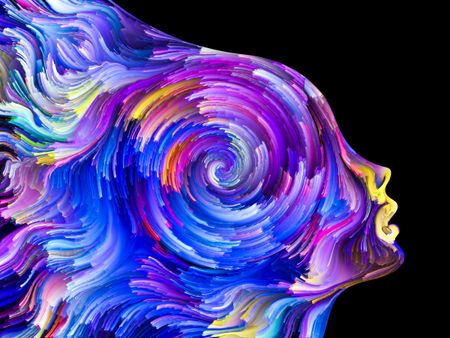
What is consciousness?
By Grant Currin Published
-

Does Consciousness Pervade the Universe?
By Gareth Cook Published
-
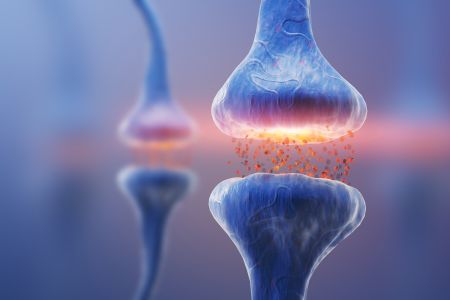 Opinion
OpinionWhy Can't Science Explain Consciousness?
By Philip Goff Published
-
 Opinion
OpinionWhy Computers Will Never Be Truly Conscious
By Subhash Kak Published
-
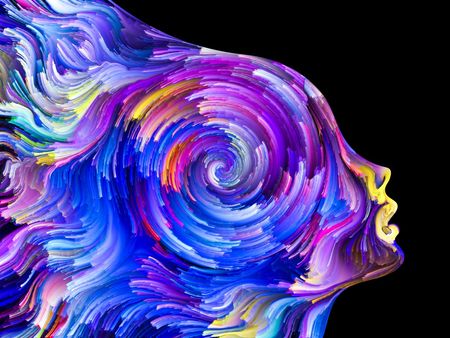
How Can You Tell if Someone (or Something) Is Conscious?
By Tam Hunt Published
-
Dreams
-
-

Do your dreams change as you age?
By Abby Wilson Published
-
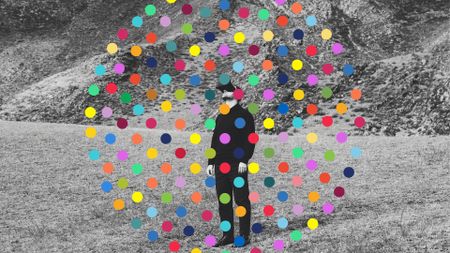
Do people dream in color or black and white?
By Abby Wilson Published
-

Can you dream during non-REM sleep?
By Marilyn Perkins Published
-
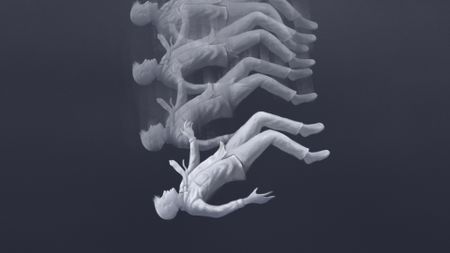
Why are recurring dreams usually nightmares?
By Amanda Heidt Published
-

Do blind people 'see' images in their dreams?
By Charles Q. Choi Published
-

'Alien abduction' stories may come from lucid dreaming, study hints
By Mindy Weisberger Published
-
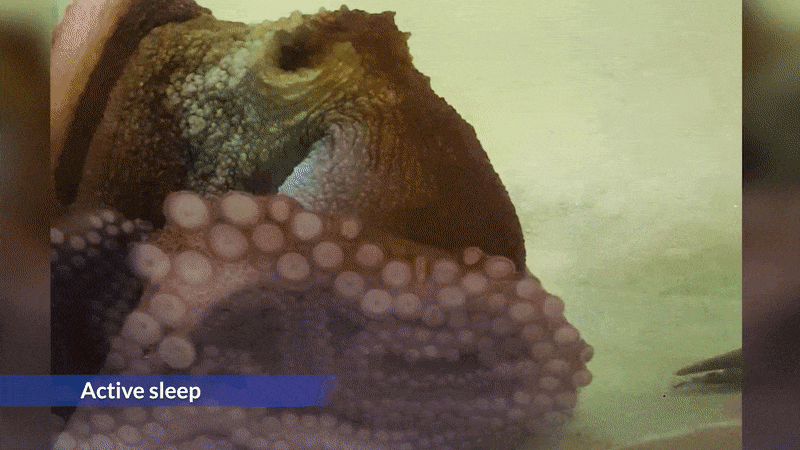
Do octopuses dream of 8-armed sheep? New study hints at human-like sleep cycle in cephalopods
By Nicoletta Lanese Published
-
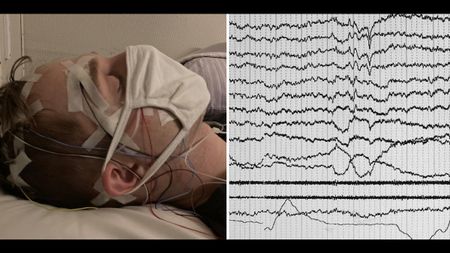
Lucid dreamers can hear and answer questions while still asleep, scientists find
By Patrick Pester Published
-
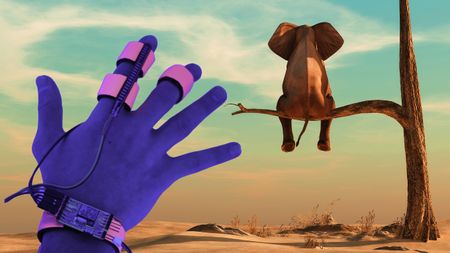
Dream-shaping tech from MIT channels suggestions into your dreams
By Mindy Weisberger Published
-
Dreams
-
-

Do your dreams change as you age?
By Abby Wilson Published
-

Do people dream in color or black and white?
By Abby Wilson Published
-

Can you dream during non-REM sleep?
By Marilyn Perkins Published
-

Why are recurring dreams usually nightmares?
By Amanda Heidt Published
-

Do blind people 'see' images in their dreams?
By Charles Q. Choi Published
-

'Alien abduction' stories may come from lucid dreaming, study hints
By Mindy Weisberger Published
-

Do octopuses dream of 8-armed sheep? New study hints at human-like sleep cycle in cephalopods
By Nicoletta Lanese Published
-

Lucid dreamers can hear and answer questions while still asleep, scientists find
By Patrick Pester Published
-

Dream-shaping tech from MIT channels suggestions into your dreams
By Mindy Weisberger Published
-
Memory
-
-

Mental 'time travel' may help restore fading memories
By RJ Mackenzie Published
-
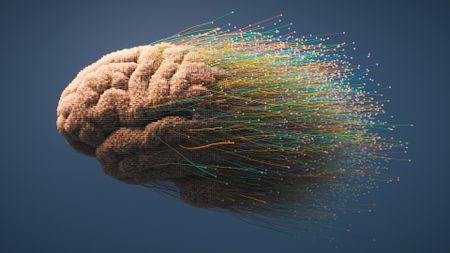
Memories aren't static in the brain — they 'drift' over time
By Nicoletta Lanese Published
-
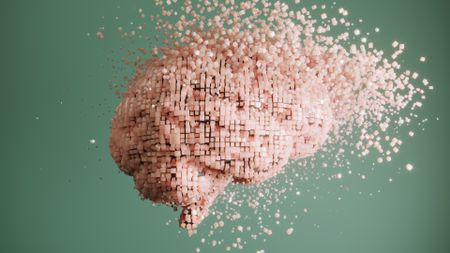
Could we ever retrieve memories from a dead person's brain?
By Hannah Loss Published
-
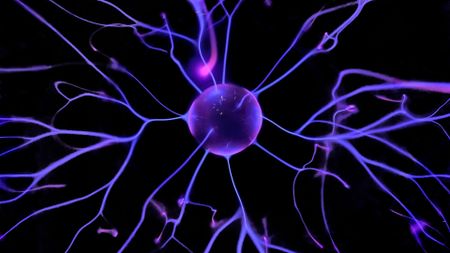
'Tour de force' study may explain why trauma can lead to PTSD
By Marianne Guenot Published
-

Forgetting may provide a surprising evolutionary benefit, experts say
By Sven Vanneste Published
-
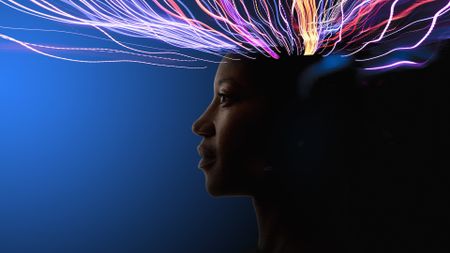
Study reveals how the brain divides days into 'movie scenes'
By Jennifer Zieba Published
-

Why do we forget things we were just thinking about?
By Marilyn Perkins Published
-
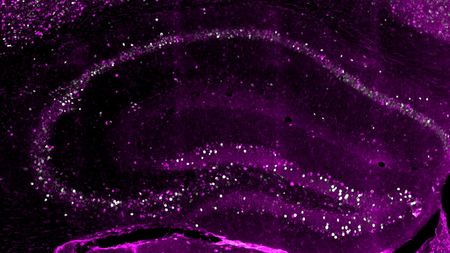
The brain stores at least 3 copies of every memory
By Emily Cooke Published
-

How accurate are our first childhood memories?
By Joe Phelan Published
-
Neuroscience
-
-

Neuroscience word search — Find all the parts of the brain
By Nicoletta Lanese Published
-

Tiny implant 'speaks' to the brain with LED light
By Payal Dhar Published
-

Brain scans reveal 'dial' that helps keep us from getting lost
By RJ Mackenzie Published
-
 Book
Book'Intelligence comes at a price, and for many species, the benefits just aren't worth it': A neuroscientist's take on how human intellect evolved
By Nikolay Kukushkin Published
-
 Interview
InterviewThe evolution of life on Earth 'almost predictably' led to human intelligence, neuroscientist says
By Nicoletta Lanese Published
-
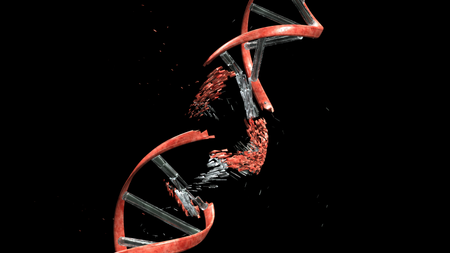
CTE may stem from rampant inflammation and DNA damage
By Larissa G. Capella Published
-
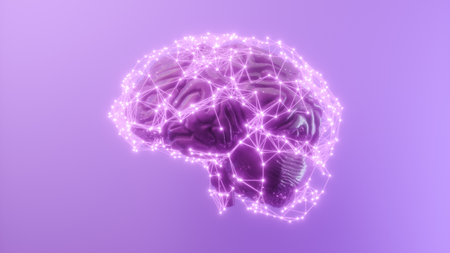
'As if a shudder ran from its brain to its body': The neuroscientists that learned to control memories in rodents
By Steve Ramirez Published
-
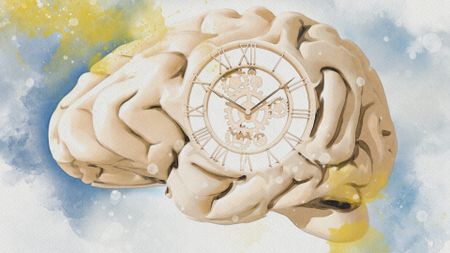
New study reveals why time seems to move faster the older we get
By Slava Amanatski Published
-

How do our brains wake up?
By Sara Hashemi Published
-
Psychology
-
-

AI is getting better and better at generating faces — but you can train to spot the fakes
By Sophie Berdugo Published
-
 Opinion
OpinionColors are universal — even if our perception of them is subjective
By Elay Shech Published
-

Trump executive order calls mental health prescriptions a 'threat' — why?
By Megha Satyanarayana Published
-

'It's better to be safe than sorry': How superstitions may still benefit us
By Stephanie Gomes-Ng Published
-
 Quiz
QuizWhat do you know about psychology's most infamous experiments? Test your knowledge in this science quiz.
By Stephanie Pappas Published
-

At-home brain stimulation could be promising depression treatment, trial hints
By Emily Cooke Published
-

'What is normal today may not be normal in a year's time': Dr. Dinesh Bhugra on the idea of 'normal' in psychiatry
By Nicoletta Lanese Published
-

What is ASMR, and why do only some people experience it?
By Skyler Ware Published
-

Many kids are unsure if Alexa and Siri have feelings or think like people, study finds
By Joe Phelan Published
-
Relationships
-
-
 Reference
ReferenceHow to tell you're in love with someone, according to science
By Robin Nixon Pompa Last updated
-

People are falling in love with AI. Should we worry?
By Valerie A. Lapointe Published
-

Tinder, Hinge lawsuit raises question: Can dating apps be considered addictive?
By Stephanie Pappas Published
-

'You cannot put people into arbitrary boxes': Psychologists critique the '5 love languages'
By Anna Mattson Published
-

Humans can 'smell' each other's emotions — but we don't know how
By Marta Zaraska Published
-

Why does heartbreak hurt so much? Science has the answer
By Lou Mudge Published
-
 Reference
ReferenceWhat is a second cousin?
By Ailsa Harvey Published
-

The Shocking Truth About Married Girls
By Meredith F. Small Last updated
-

More twins are being born than ever before
By Rachael Rettner Published
-
Wellbeing
-
-

You don't need to be very happy to avoid an early death from chronic disease, study finds
By Elise Ceyral Published
-

What causes people to 'choke' under pressure?
By Anna Gora Last updated
-

Resilience is a skill that can be cultivated, a psychologist explains
By Rachel Goldsmith Turow Published
-

Tinnitus often causes distress. A new app could help.
By Rebecca Sohn Published
-
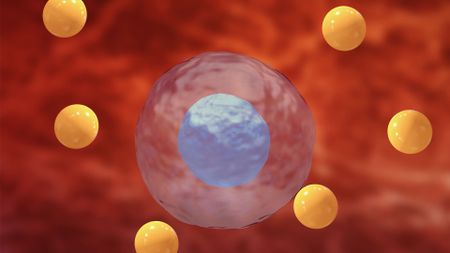
What is oxidative stress?
By Rebecca Sohn Published
-
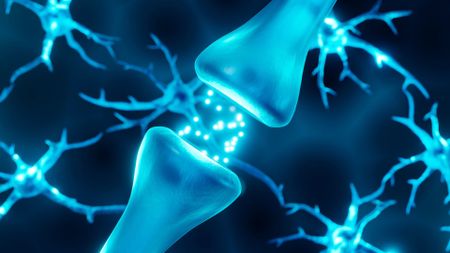
Psychedelics may treat depression by invading brain cells
By Nicoletta Lanese Published
-

Can stress turn hair gray?
By Donavyn Coffey Published
-

Can stress cause hair loss?
By Joanne Lewsley Published
-

Can you 'catch' stress from other people?
By Joe Phelan Published
-
More about Mind
-
-
 Interview
InterviewThe evolution of life on Earth 'almost predictably' led to human intelligence, neuroscientist says
By Nicoletta Lanese Published
-

CTE may stem from rampant inflammation and DNA damage
By Larissa G. Capella Published
-

'As if a shudder ran from its brain to its body': The neuroscientists that learned to control memories in rodents
By Steve Ramirez Published
-

